A Historic Conservation Agreement Will Protect Canada’s Great Bear Rainforest
It’s a victory for First Nations, loggers, and environmentalists
When it comes to preserving natural treasures, time is of the essence. But some hard-fought conservation battles prove well worth the wait. It took a decade, but a landmark agreement announced Monday will protect one of Canada’s most magnificent stretches of land: The Great Bear Rainforest in British Columbia.
The BBC reports that the deal, which resulted from ten years of negotiations between conservationists, forestry companies, 26 First Nations and Canadian officials, will protect 85 percent of the Great Bear Rainforest from logging and put standards in place for logging activities in the other 15 percent. The announcement of the deal, which is being upheld as a model for how groups with often conflicting goals can work together to protect land, was preceded by chanting and drumming by native groups instrumental in the conservation victory.
The Great Bear Rainforest is the world’s largest uninterrupted tract of temperate rainforest—a lush, green and untarnished landscape packed with animals and plants that covers roughly 12,000 square miles of British Columbia. In the 1990s, environmental groups coined the name to refer to the area, which has been a bone of contention among First Nations who claim sovereignty there, environmental groups clamoring to protect the land and its native species, and loggers eager to mine its vast timber.
Among highlights of the agreement is its protection of the spirit bear. Also known as the kermode bear, this rare white ursa is sacred to many First Nations and is the official mammal of British Columbia. Hunting of both kermode and grizzly bears will be illegal under the new agreement.
The deal was contentious and lengthy, but it’s being heralded as a win-win for all sides. In a report for Reuters, Julie Gordon writes that the agreement, which “marries the interests” of all three groups, will enter law later this year. Who says that victory is always to the swift?
Update February 5, 2016: Though Premier Christy Clark announced that commercial hunting for grizzly bears is "over," it is unclear whether there is truly a documented policy change to protect the bears.
/https://tf-cmsv2-smithsonianmag-media.s3.amazonaws.com/accounts/headshot/erin.png)
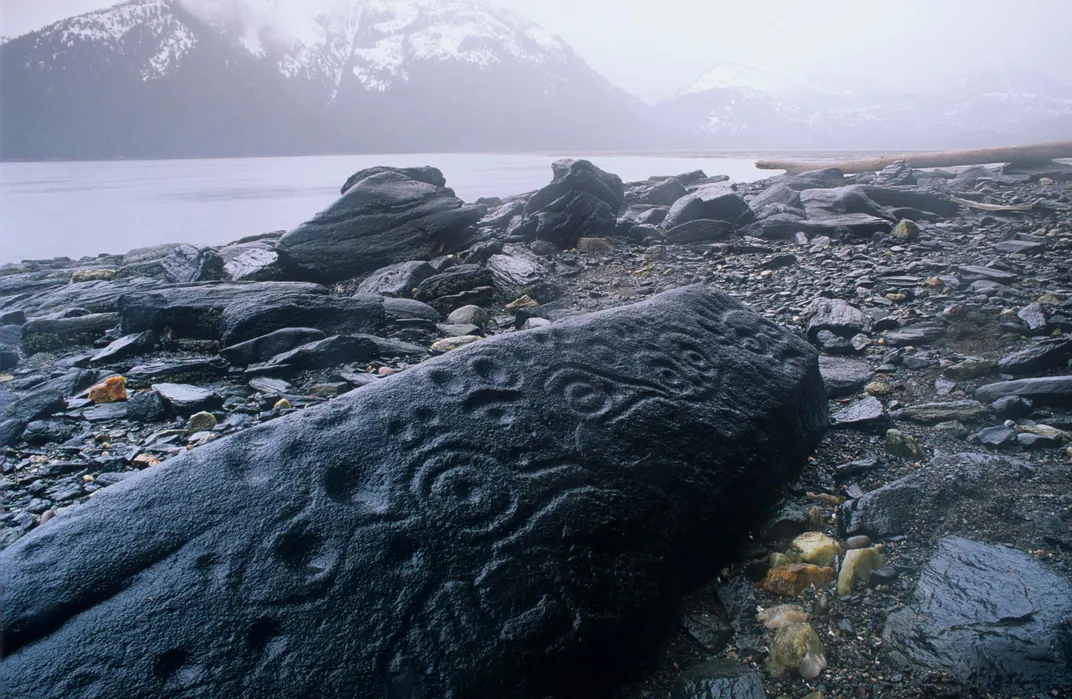
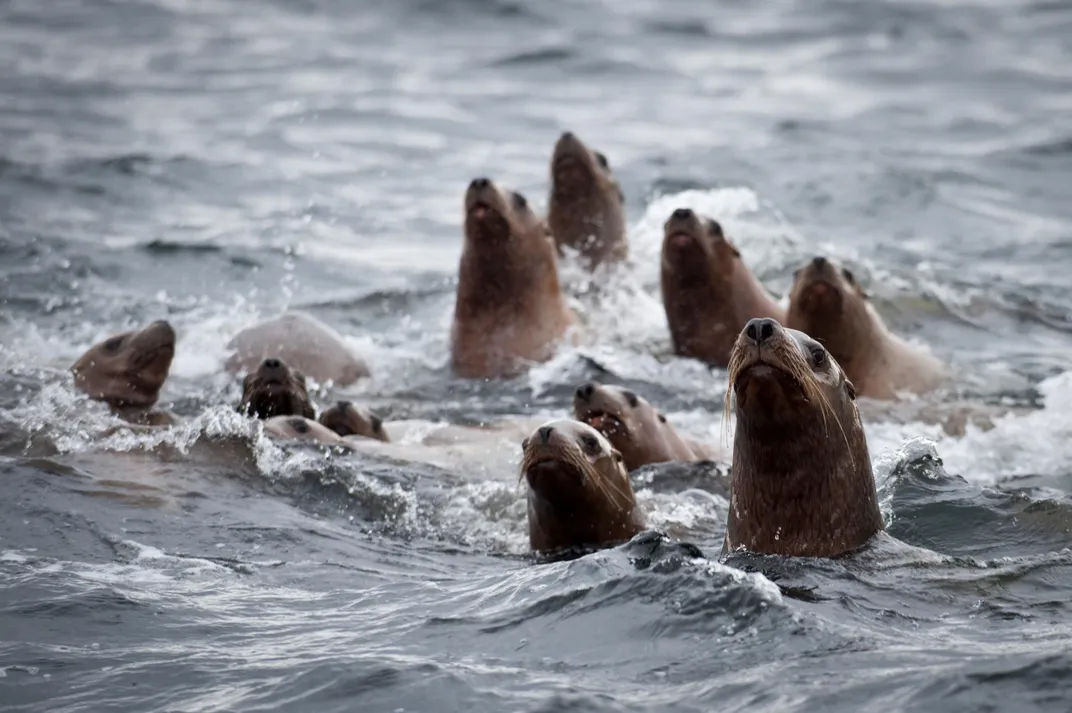
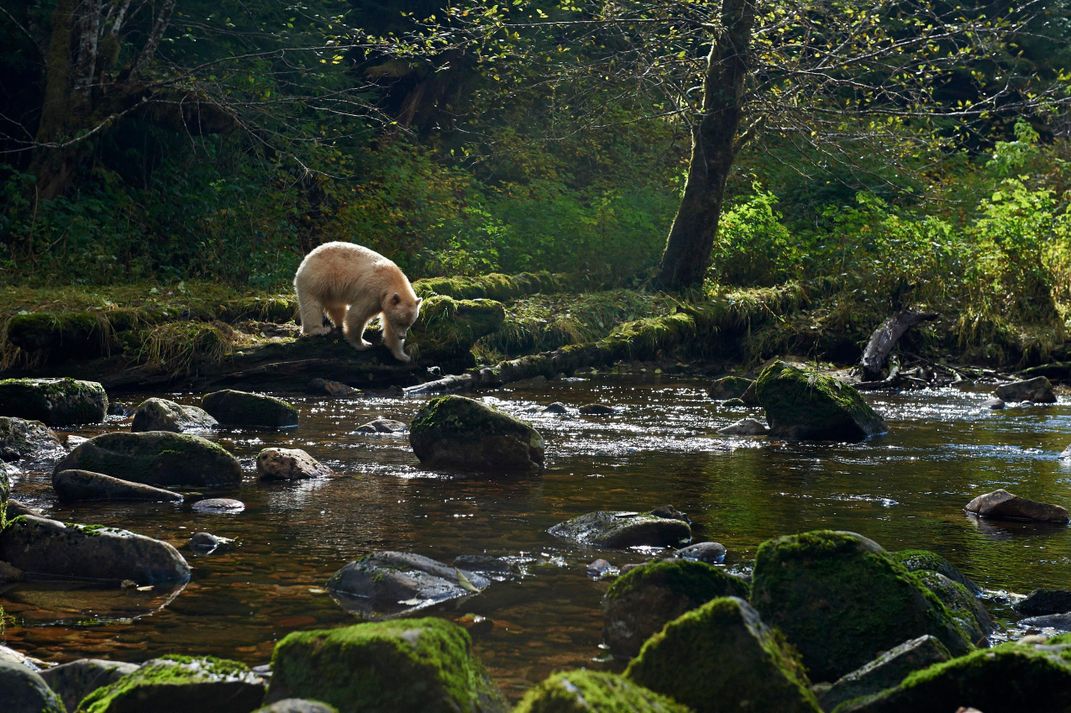
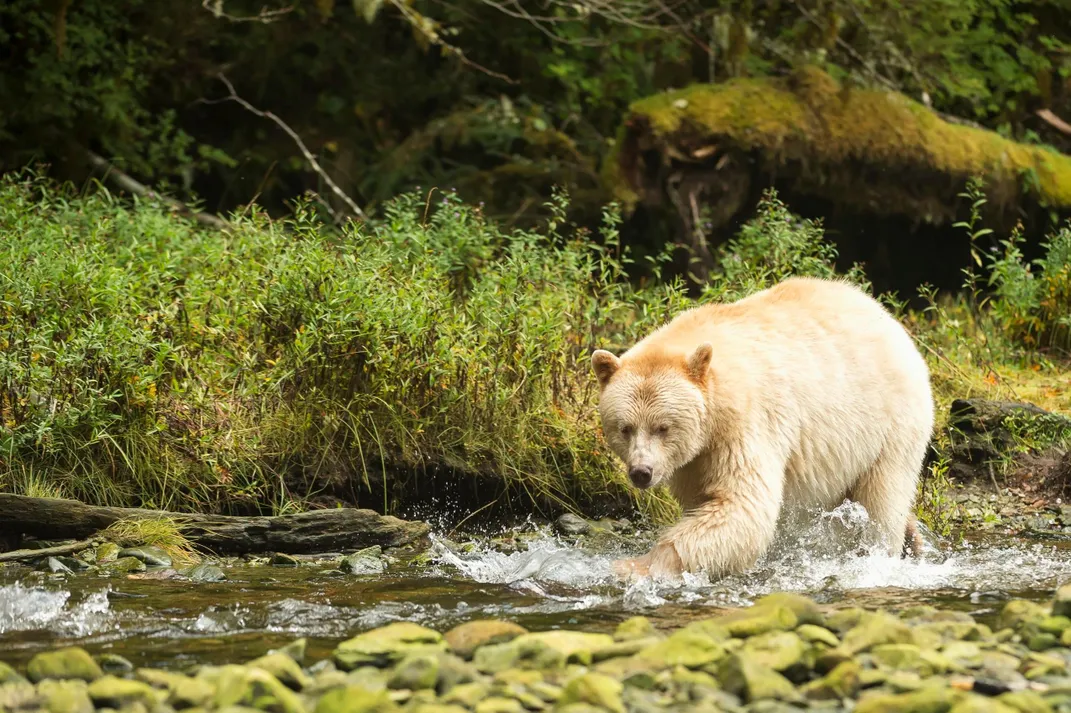
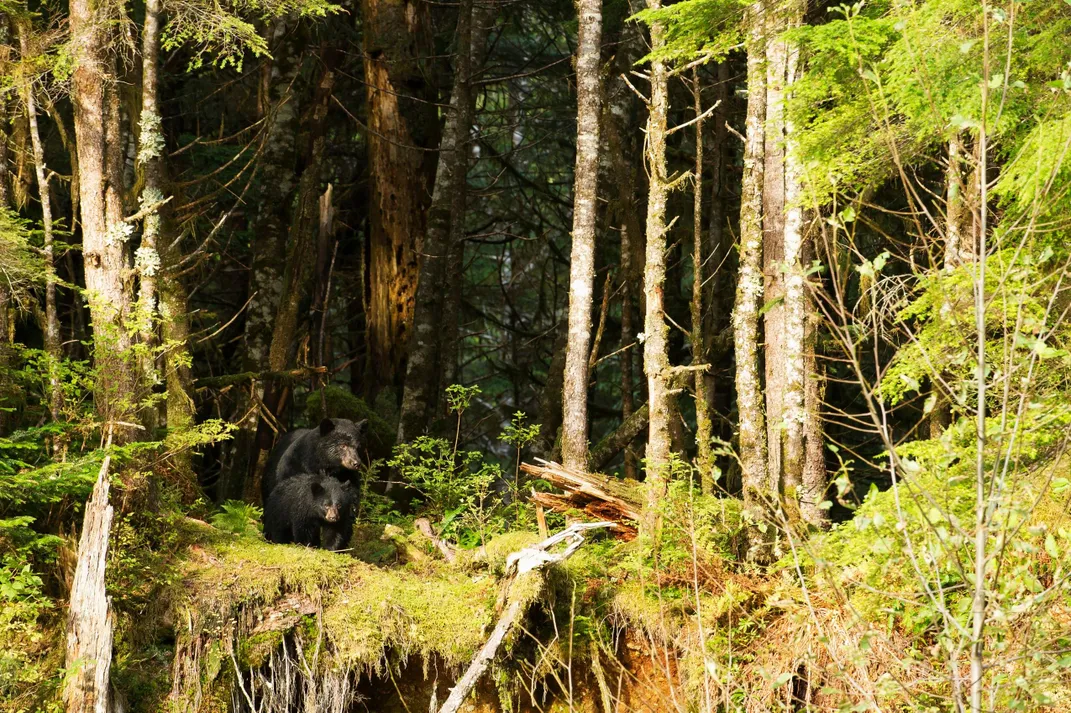
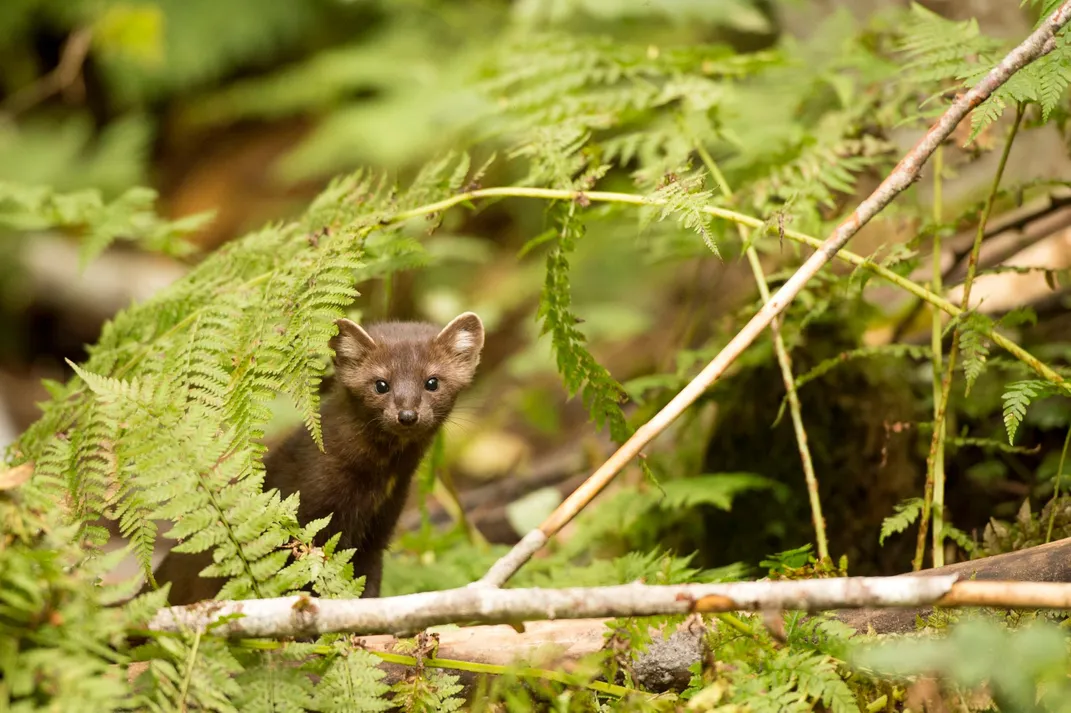
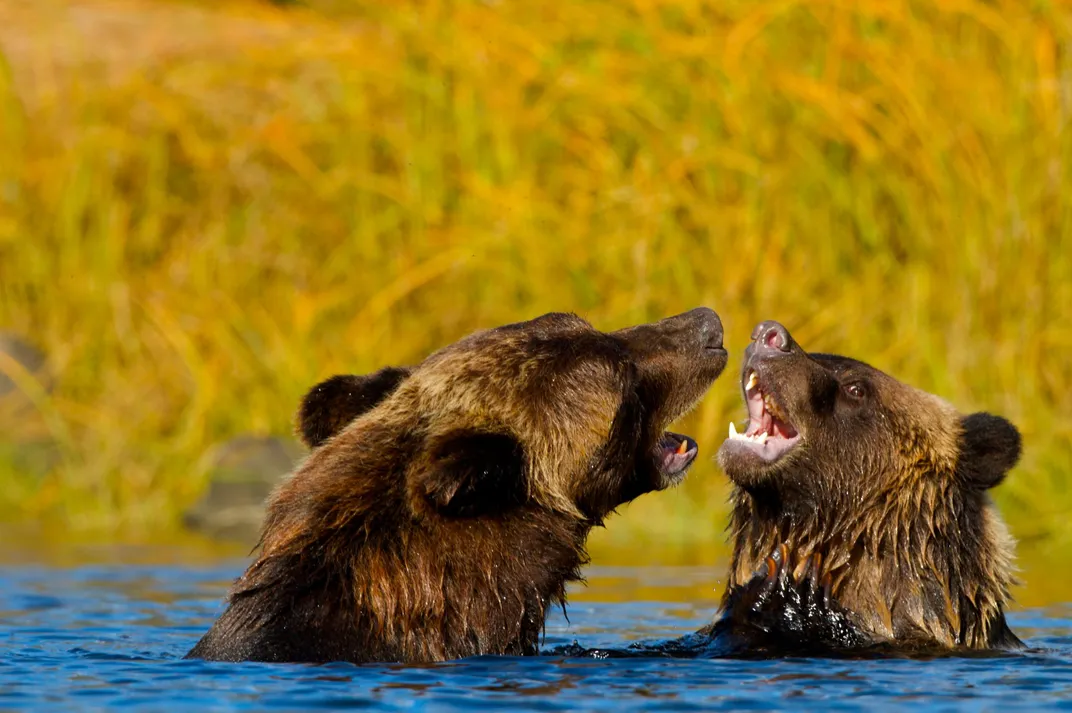
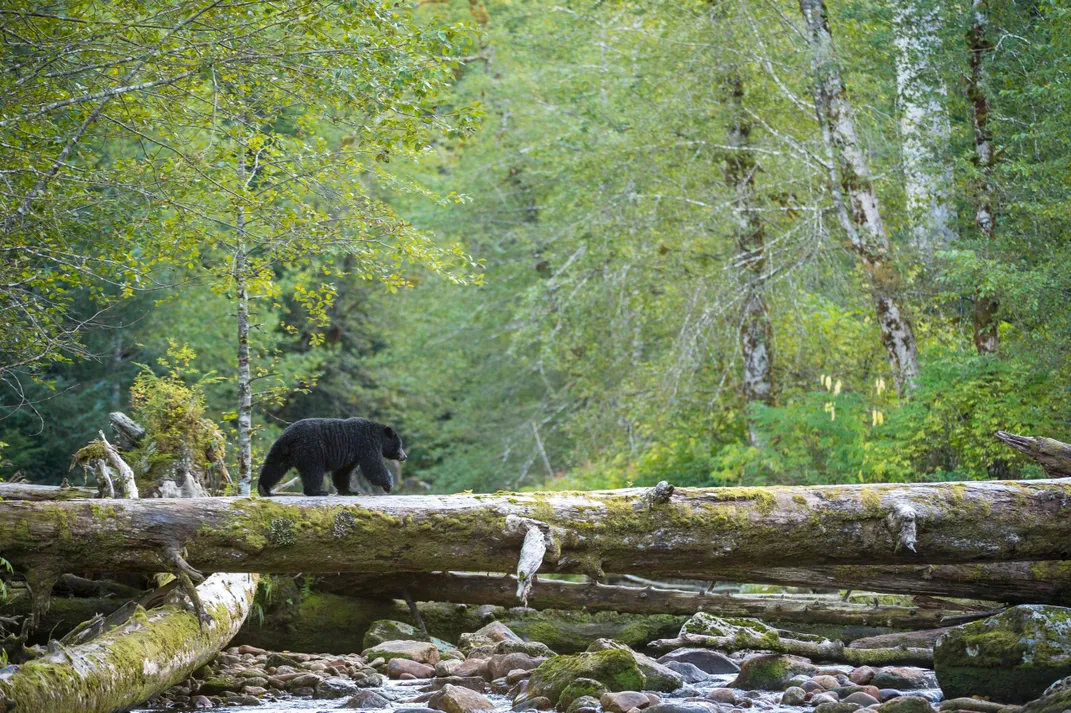
/https://tf-cmsv2-smithsonianmag-media.s3.amazonaws.com/accounts/headshot/erin.png)